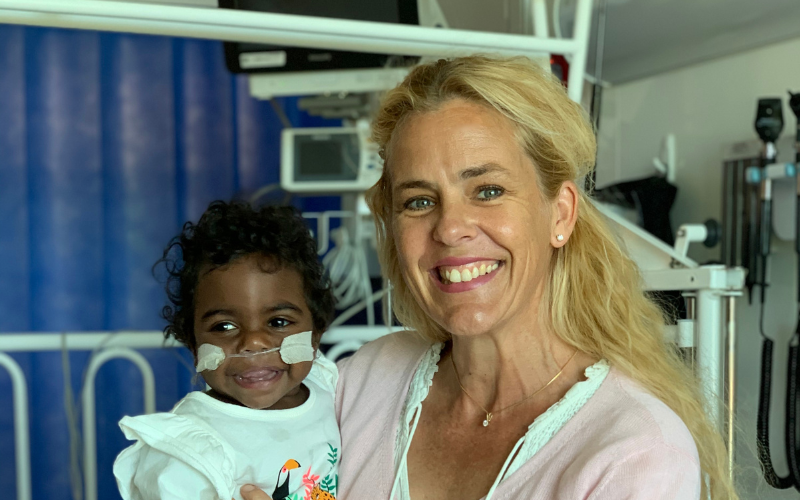Search
Showing results for "early lung health"
Research
Novel method to select meaningful outcomes for evaluation in clinical trialsA standardised framework for selecting outcomes for evaluation in trials has been proposed by the Core Outcome Measures in Effectiveness Trials working group. However, this method does not specify how to ensure that the outcomes that are selected are causally related to the disease and the health intervention being studied. Causal network diagrams may help researchers identify outcomes that are both clinically meaningful and likely to be causally dependent on the intervention, and endpoints that are, in turn, causally dependent on those outcomes.
Research
Sense of Coherence (SOC) of Italian healthcare workers during the COVID-19 pandemic: analysis of associated factorsThe COVID-19 pandemic has posed significant challenges for healthcare workers worldwide, potentially affecting their sense of coherence (SOC) and overall well-being. This study aimed to identify factors associated with different levels of SOC among healthcare workers, exploring demographic characteristics, work-related factors, changes in relationships and social habits, and the overall well-being.
Research
The “IKEA-effect” and modern anesthesia machinesBritta Regli-von Ungern-Sternberg AM FAHMS MD, PhD, DEAA, FANZA Chair of Paediatric anaesthesia, University of Western Australia; Consultant
Research
The health effects of electronic cigarettesAlexander Larcombe BScEnv (Hons) PhD Honorary Research Fellow Honorary Research Fellow Associate Professor Alexander Larcombe began work at The Kids

News & Events
Lung health of Aboriginal children hospitalised with chest infections improved following co-designed interventionA co-designed and culturally secure intervention to improve medical follow-up for Aboriginal children hospitalised with acute chest infections resulted in higher follow-up rates and improved longer-term lung health outcomes for children.
Research
Home oxygen therapy for infants and young children with acute bronchiolitis and other lower respiratory tract infections: The HiTHOx programRecent studies have demonstrated that some children with acute bronchiolitis can be successfully managed using home oxygen therapy.
Research
Assessing Clinical Deterioration in Children With Dark-Coloured Skin: A Scoping ReviewBackground: Signs of clinical deterioration may appear differently in children with dark-coloured skin. How to assess children in this cohort is currently poorly defined. Aim: To explore available information on the assessment of clinical deterioration in children with dark-coloured skin and identify research deficits.
Research
A rapid semi-quantitative screening method to assess chemicals present in heated e-liquids and e-cigarette aerosolsElectronic cigarettes (e-cigarettes) lack regulatory status as therapeutic products in all jurisdictions worldwide. They are potentially unsafe consumer products, with significant evidence they pose a risk to human health. Therefore, developing rapid, economical test methods to assess the chemical composition of e-liquids in heated and unheated forms and the aerosols produced by e-cigarettes is crucial.
Research
The effects of acamprosate on maternal and neonatal outcomes in a mouse model of alcohol use disordersDespite the teratogenic effects of alcohol, little is known about the safety of pharmacotherapies such as acamprosate for the treatment of alcohol use disorders in pregnancy. The aims of this study were to investigate, in a mouse model, the effects of maternally administered acamprosate on maternal and neonatal health, offspring neurodevelopment and behaviour, as well as examine whether acamprosate reduces the neurological harm associated with alcohol consumption in pregnancy.
Research
Bronchopulmonary dysplasia: Rationale for a pathophysiological rather than treatment based approach to diagnosisThis review describes the evolution of bronchopulmonary dysplasia definitions, evaluates the benefits and limitations of each approach
